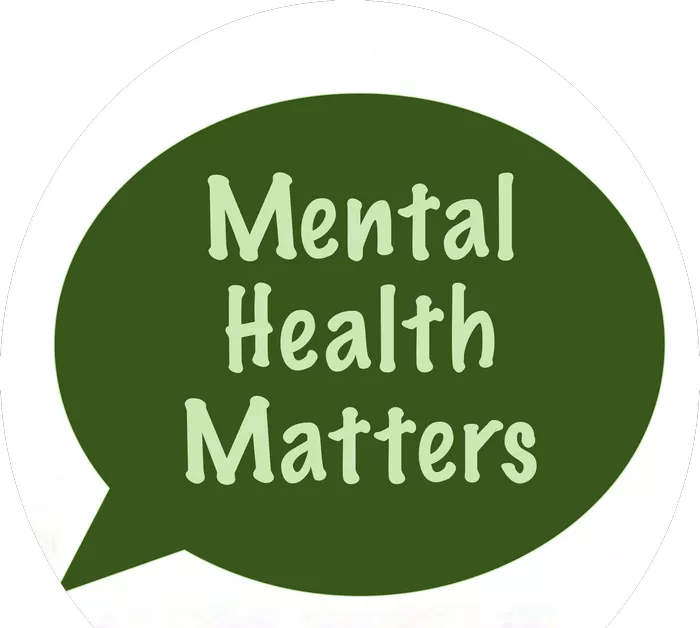Stress and anxiety are common experiences that can affect individuals of all ages and backgrounds. While a certain level of stress can be normal and even beneficial in some situations, prolonged or excessive stress and anxiety can have significant impacts on mental health. In this article, we’ll explore the ways in which stress and anxiety affect mental health, examining their physiological and psychological effects, as well as strategies for managing and mitigating their impact.
The Physiology of Stress and Anxiety
Stress and anxiety trigger a complex cascade of physiological responses in the body, commonly known as the fight-or-flight response. When faced with a perceived threat or danger, the body releases stress hormones such as cortisol and adrenaline, which prepare the body to respond to the threat. These physiological changes can have both immediate and long-term effects on mental health:
Increased Heart Rate and Blood Pressure: In response to stress and anxiety, the heart rate and blood pressure may increase, preparing the body for action. While this response is adaptive in the short term, chronic stress can lead to sustained increases in heart rate and blood pressure, increasing the risk of cardiovascular problems over time.
Changes in Brain Chemistry: Stress and anxiety can alter the balance of neurotransmitters in the brain, leading to changes in mood, behavior, and cognition. Chronic stress has been associated with alterations in neurotransmitter systems such as serotonin, dopamine, and gamma-aminobutyric acid (GABA), which play key roles in regulating mood and anxiety.
Impaired Immune Function: Prolonged stress and anxiety can weaken the immune system, making individuals more susceptible to infections and illnesses. Chronic stress has been linked to increased inflammation and suppression of immune function, which can contribute to a variety of health problems, including autoimmune disorders and chronic inflammatory conditions.
Disruption of Sleep Patterns: Stress and anxiety can disrupt normal sleep patterns, leading to difficulty falling asleep, staying asleep, or experiencing restful sleep. Sleep disturbances are common symptoms of anxiety disorders and can exacerbate feelings of fatigue, irritability, and cognitive impairment.
Digestive Issues: Stress and anxiety can also impact the digestive system, leading to symptoms such as abdominal pain, bloating, nausea, and diarrhea. Chronic stress has been linked to conditions such as irritable bowel syndrome (IBS) and gastroesophageal reflux disease (GERD), which can further contribute to feelings of discomfort and distress.
Psychological Effects of Stress and Anxiety
In addition to their physiological effects, stress and anxiety can also have significant psychological impacts on mental health:
Mood Disorders: Chronic stress and anxiety are closely linked to the development of mood disorders such as depression and bipolar disorder. Prolonged exposure to stress hormones can disrupt brain chemistry and contribute to changes in mood, motivation, and pleasure.
Cognitive Impairment: Stress and anxiety can impair cognitive function, leading to difficulties with concentration, memory, and decision-making. Chronic stress has been associated with deficits in executive function, working memory, and attentional control, which can interfere with daily functioning and quality of life.
Negative Thinking Patterns: Stress and anxiety can fuel negative thinking patterns such as rumination, catastrophizing, and self-criticism. Individuals experiencing chronic stress may engage in repetitive and intrusive thoughts about potential threats or dangers, leading to feelings of hopelessness, helplessness, and despair.
Social Withdrawal and Isolation: Prolonged stress and anxiety can lead to social withdrawal and isolation, as individuals may avoid social interactions and activities that they perceive as stressful or overwhelming. Social support is essential for maintaining mental health, and isolation can exacerbate feelings of loneliness and depression.
Impaired Coping Strategies: Chronic stress and anxiety can impair coping strategies and resilience, making it difficult for individuals to effectively manage and adapt to stressful situations. Without healthy coping mechanisms in place, individuals may resort to maladaptive behaviors such as substance abuse, avoidance, or aggression, which can further exacerbate mental health problems.
Strategies for Managing Stress and Anxiety
While stress and anxiety can have significant impacts on mental health, there are several strategies for managing and mitigating their effects:
Mindfulness and Meditation: Mindfulness practices such as meditation, deep breathing, and progressive muscle relaxation can help reduce stress and anxiety by promoting relaxation, self-awareness, and present-moment awareness.
Regular Exercise: Physical activity has been shown to reduce symptoms of stress and anxiety by releasing endorphins, improving mood, and promoting relaxation. Aim for at least 30 minutes of moderate-intensity exercise most days of the week.
Healthy Lifestyle Choices: Prioritize healthy lifestyle habits such as balanced nutrition, adequate sleep, and regular hydration. Avoid excessive caffeine, alcohol, and nicotine, which can exacerbate feelings of stress and anxiety.
Cognitive-Behavioral Therapy (CBT): CBT is a highly effective form of psychotherapy that focuses on identifying and challenging negative thought patterns and behaviors associated with stress and anxiety. CBT techniques such as cognitive restructuring and exposure therapy can help individuals develop healthy coping strategies and reduce symptoms.
Social Support: Reach out to friends, family members, or support groups for emotional support and encouragement. Social connections can provide a sense of belonging, validation, and comfort during times of stress and anxiety.
Relaxation Techniques: Explore relaxation techniques such as yoga, tai chi, or guided imagery to promote relaxation and reduce stress. These practices can help calm the mind, release tension, and cultivate a sense of inner peace and tranquility.
Professional Help: If stress and anxiety are significantly impacting your daily functioning and quality of life, don’t hesitate to seek professional help from a licensed mental health professional. Therapists, counselors, and psychiatrists can provide personalized treatment and support tailored to your individual needs.
Conclusion
Stress and anxiety are natural responses to challenging or threatening situations, but when left unmanaged, they can have significant impacts on mental health. By understanding the physiological and psychological effects of stress and anxiety, as well as implementing effective coping strategies and seeking professional support when needed, individuals can take proactive steps to manage and mitigate their impact on mental health. Remember that it’s okay to ask for help and that support is available for those who need it.
[inline_related_posts title=”You Might Be Interested In” title_align=”left” style=”list” number=”6″ align=”none” ids=”6584,6578,6574″ by=”categories” orderby=”rand” order=”DESC” hide_thumb=”no” thumb_right=”no” views=”no” date=”yes” grid_columns=”2″ post_type=”” tax=””]
































